 Vietnam
Vietnam
Nearly fifty years since the end of the Vietnam War, and more than a quarter century since the normalization of U.S.-Vietnam relations, Vietnam is emerging as a rising power at the heart of the Indo-Pacific region and as an increasingly important U.S. partner. The U.S. Institute of Peace engages in research and dialogue examining the extraordinary arc of U.S.-Vietnam relations, including efforts to come to terms with our difficult history. In August 2021, USIP launched the Vietnam War Legacies and Reconciliation Initiative to support public education, government-to-government and people-to-people dialogue among Vietnamese and Americans.
Learn more in USIP’s fact sheet on the Current Situation in Vietnam.
Featured Event
Recent Analysis
- Biden’s Trip to Vietnam Highlights Two-Way Partnership
- Piecing Together the Fragments of Memory to Find Vietnamese War Dead
- It Is Time to Account for All Missing Vietnamese
Featured Publications
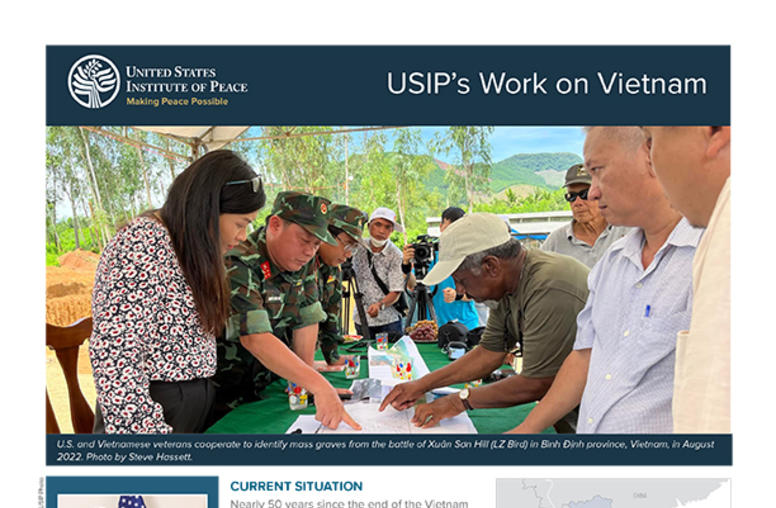
The Current Situation in Vietnam
Nearly 50 years since the end of the Vietnam War, and more than a quarter-century since the normalization of U.S.-Vietnam relations, Vietnam is emerging as a rising power at the heart of the Indo-Pacific region and an increasingly important U.S. partner. Once one of the world’s poorest and most isolated countries, Vietnam is now a middle-income country with a dynamic, young population and a promising future.

Transforming the Legacy of Children Born of War in Vietnam
During and after the Vietnam War, up to 500,000 “children of war” were born to foreign soldiers and local women in Vietnam. Amerasians — children of war fathered by U.S. soldiers — and adoptees raised abroad are now reclaiming their narratives and healing journeys.
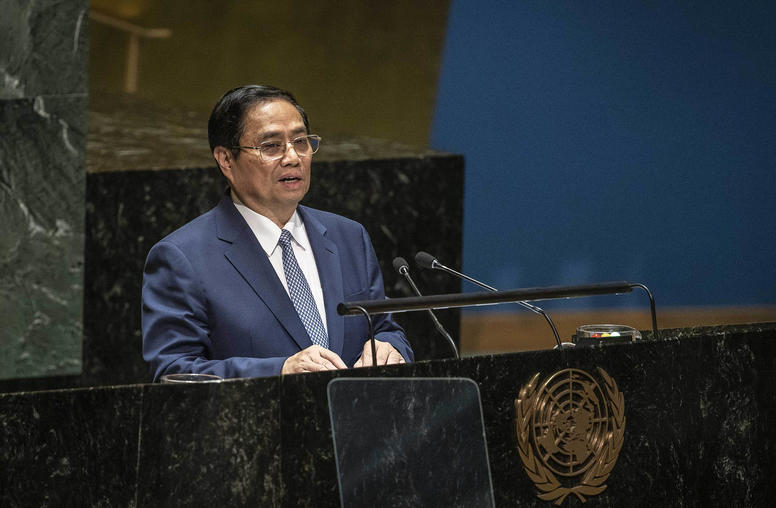
Policy of Diversification Helps Vietnam Build Ties with the Indo-Pacific
Vietnam’s leaders have engaged with the presidents of the United States and China over the past few months. While some might see this effort as a “balancing act” in response to U.S.-China competition, it is, in fact, an indication of a long-standing but still highly relevant Vietnamese foreign policy tradition: the diversification of international relations.
Current Projects
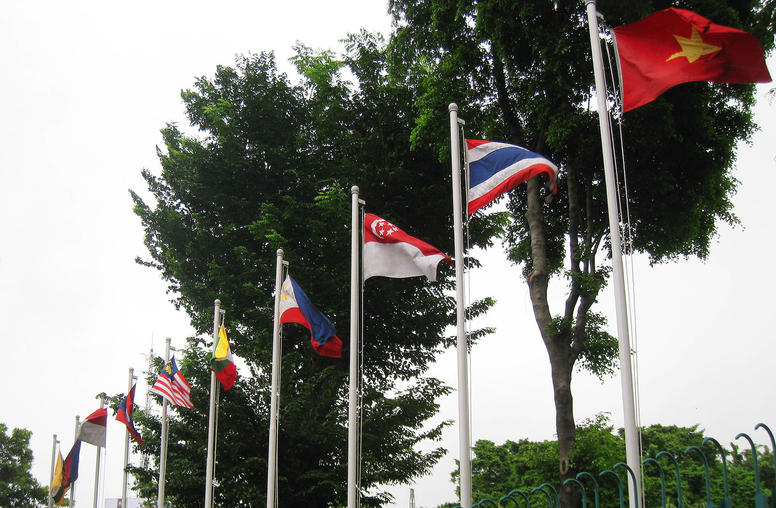
Southeast Asia in a World of Strategic Competition: An Essay Series
Great power rivalry between the United States and China is frequently described in bilateral terms, with regions of the world — including Southeast Asia — merely serving as arenas of competition. But this framing ignores the agency of third countries in managing the risks and opportunities presented by this competition. To explore these countries’ agency and the corresponding policy options, this USIP essays series includes contributions from 10 Southeast Asia-based experts. Each essay provides one country’s perspective on how the members of the Association of Southeast Asian Nations (ASEAN) perceive and respond to strategic competition between the United States and China.
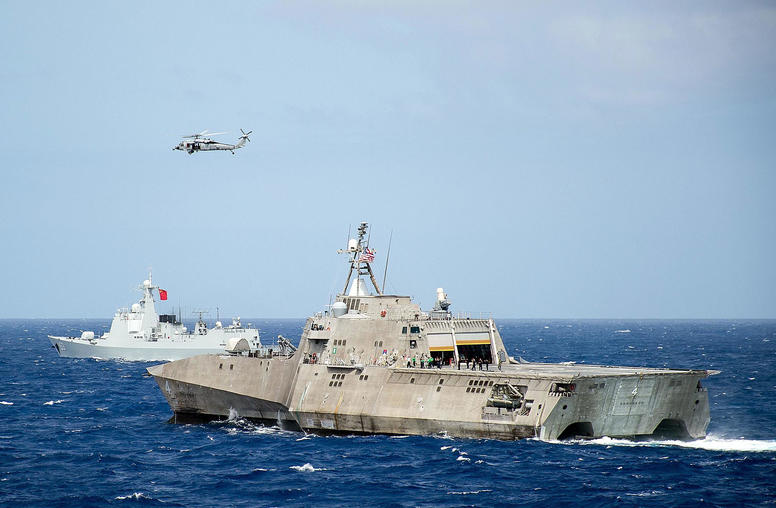
Crisis Communications with China in the Indo-Pacific
In today’s era of strategic competition between the United States and China, crises are more likely than ever in the Indo-Pacific region. Effective mechanisms are therefore needed to prevent such crises from escalating into armed conflict. To this end, USIP is examining crisis communication mechanisms and negotiations between China and its regional neighbors to identify common issues and themes across countries to provide lessons that can be learned and shared.
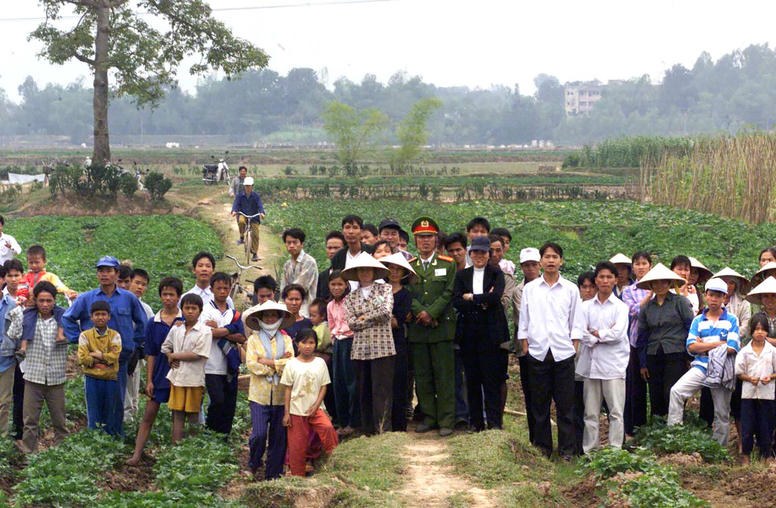
Vietnam War Legacies and Reconciliation Initiative
In 2021, the U.S. Institute of Peace launched a multiyear project to foster greater dialogue both in and between the United States and Vietnam on war legacy issues and reconciliation. This project stems from the U.S. Congress’s landmark 2021 authorization for the U.S. government to assist Vietnam in identifying its missing personnel, following decades of Vietnamese cooperation to help the United States conduct the fullest possible accounting of U.S. personnel. This project will support this bilateral initiative while also engaging in the work that remains to addresss legacies of war — including the continuing impacts of Agent Orange and unexploded ordnance — and to deepen reconciliation.